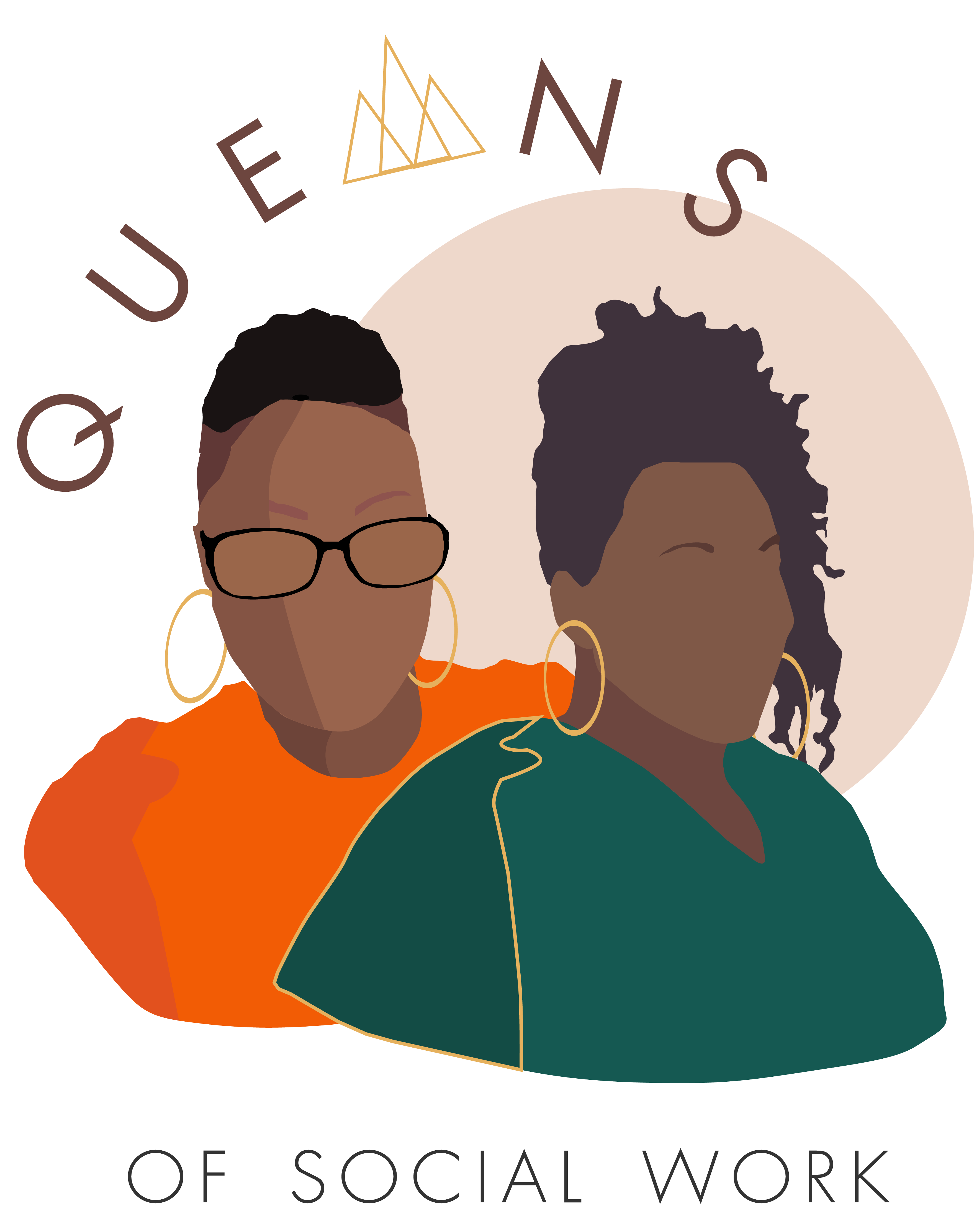Why Rest Is a Radical Act for Black Social Workers
In a profession built on service, advocacy and emotional labor, rest often feels like a luxury. But for Black social workers — navigating systemic injustice while caring for others — rest is more than self-care; it is resistance.
Inspired by the work of Tricia Hersey and her Nap Ministry, the concept of “rest as resistance” urges us to reject grind culture and reclaim our bodies, minds and time. In this blog, we explore how this movement applies specifically to Black social worker wellness and offer tangible steps toward burnout recovery.
The Toll of Burnout in Black Social Work
Burnout doesn’t just look like exhaustion.
It shows up as:
- Compassion fatigue after advocating in under-resourced systems
- Emotional numbness from chronic exposure to trauma
- Guilt for needing space when your clients or community are in crisis
- Imposter syndrome in predominantly white institutions
-
Hypervigilance from racial microaggressions in the workplace
According to recent studies, Black and Brown social workers are more likely to experience burnout due to role overload, racialized stressors and lack of institutional support. This makes the case for rest not just personal — but political.
What Does “Rest as Resistance” Really Mean?
“Rest as resistance” doesn’t just mean sleeping in (though it can!). It’s about disrupting systems that profit off of your exhaustion. It is:
- Saying no without apology
- Prioritizing slow mornings, creative time and stillness
- Refusing to equate productivity with worth
-
Honoring your ancestral need for restoration
As Hersey states:
“You don’t have to earn rest. Rest is your birthright.”
6 Practical Ways Black Social Workers Can Practice Rest as Resistance
Let’s move from theory to practice. Here are six tactical, achievable ways to incorporate rest into your life while honoring your identity as a social worker of color.
1. Reclaim Your Calendar
Block out rest time like it’s a client meeting. Add it to your work calendar or planner weekly.
- 🗓️ Try a “No-Meeting Monday” or a 3 p.m. shutdown ritual once a week
- 💤 Use apps like Clockwise or Google Calendar to auto-block downtime
-
👀 Say no to weekend commitments 2x/month to preserve your energy
2. Start a “Rest Ritual” Journal
Reflecting on rest helps make it real. Use tools like our Royally You: An Interactive Journal to prompt stillness.
- Log how you feel before and after rest
- Write down who or what tries to interrupt your rest
-
Identify guilt triggers and challenge them with affirmations
✍🏾 Tip: Keep your journal near your bed or desk—rest begins in reflection.
3. Schedule Community Rest Time
Rest isn’t always solitary. Try organizing:
- Quiet co-working blocks with fellow Black social workers
- Group meditations or guided naps via Zoom
-
Collective vision board nights focused on rest, not hustle
🌿 Try platforms like The Nap Ministry Collective, Liberate Meditation or Shine for guided sessions by and for BIPOC folks.
4. Unsubscribe, Mute and Block with Purpose
Digital clutter feeds burnout. Reclaim your peace online:
-
📩 Unsubscribe from any email list that makes you feel “not enough”
-
📵 Mute IG/TikTok accounts that push grind culture disguised as “motivation”
-
🔕 Turn off notifications for 12–24 hours on weekends
This isn’t avoidance. It’s preservation.
5. Detox from “Good Girl” Work Culture
Many Black women social workers were socialized to be the helpers, fixers and peacekeepers. Time to detox from:
- The belief that saying no makes you selfish
- The pressure to over-deliver to prove your worth
-
The fear that rest = weakness
🧠 Practice saying: “My rest is not a reward. It’s a requirement.”
6. Create a Micro-Retreat (No Travel Needed)
You don’t need Bali. You need boundaries and a plan.
Try this 3-hour DIY retreat:
|
Time Block |
Activity |
|
0–30 min |
Disconnect: Put phone on airplane mode |
|
30–90 min |
Restorative activity (napping, walking, long bath) |
|
90–120 min |
Journaling or creative expression |
|
120–180 min |
Tea, soft music, reflection |
Repeat monthly. Your nervous system will thank you.
Final Thoughts: Rest Is a Tool of Liberation
Rest is not laziness. It is disruption.
It is a way of refusing to shrink, break or disappear inside systems that demand your constant giving.
For Black social workers especially, choosing rest is choosing self-preservation in a profession that often forgets to care for the caretakers.
🎧 Continue the Conversation: Career Series – Veterinary Social Work
If you’re feeling inspired to protect your peace while exploring creative career paths, check out our podcast episode:
🎙️ “Career Series: Veterinary Social Work”
Learn how one Black social worker is redefining wellness through animal-assisted therapy, healing-centered care, and work-life balance. Listen below. 👇🏾
